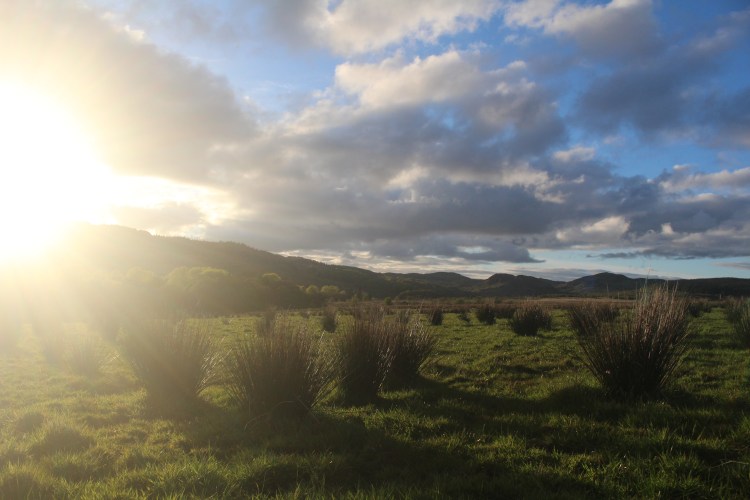Our Philosophy

The natural world drives the farm and our decision making: from the large scale to the small
- the 80 acre farm is being managed for wildlife and ecosystem regeneration We are/will be planting orchards, allowing natural regeneration, creating wetlands, digging ponds, restoring wildflower meadows, planting hedgerows, restoring the soil
- the cattle are fed only vegetation- no soya or grains are imported. We are members of Pasture for Life & also Northwoods Rewilding Network
- both ponies, cattle and pigs (when here) are rotationally (and mob) grazed to reduce parasite load, allow maximum soil and vegetation regeneration
- we are seeking organic accreditation. In the meantime, we do not worm, fertilise, lime or use any synthetic chemicals (all natural). Any hard feed we buy for the livestock is organic and soya free
- we are planting trees, including agroforestry, allowing natural regeneration of riparian and other woodland also scrub for biodiversity, carbon sequestration and our own fuel supply
- we have converted the farm’s oil central heating system to a wood fuelled district heating system, with wood milled on site from plantations less than two miles from the farm (soon we will be using our own rotational coppice system)
- renovation of the farm house- insulation, recycling, reusing, buying long-lasting environmentally sourced materials wherever possible
- the timber-framed lodge was designed and built by hand by David. The wood’s provenance is known- was sustainably and locally sourced. Sheep’s wool for insulation, minimal concrete (blocks for support), green roof to come. As with farmhouse materials, furniture and fittings were upcycled wherever possible
- material/supplies provenance and supply chains are scrutinised for environmental impact
- we use Good Energy as our electricity provider
- local and organic is always the preferred
- lime-wash farmhouse and buildings rather than using paint (lime absorbs CO2)
- new linen, towels, bath mats are organic cotton
- linen and towels are washed using environmentally kind products and a Cora Ball used which extracts micro plastics. A cora ball is also provided in the farm house’s washing machine.
- washing is air dried, we do not used tumble driers
- plastic is kept to a minimum and recycled where possible. We recycle & compost all waste to ensure minimal landfill. Plastic residues from sileage wrap etc on the farm are being removed
- environmentally friendly cleaning products are used and provided for visitors to use
